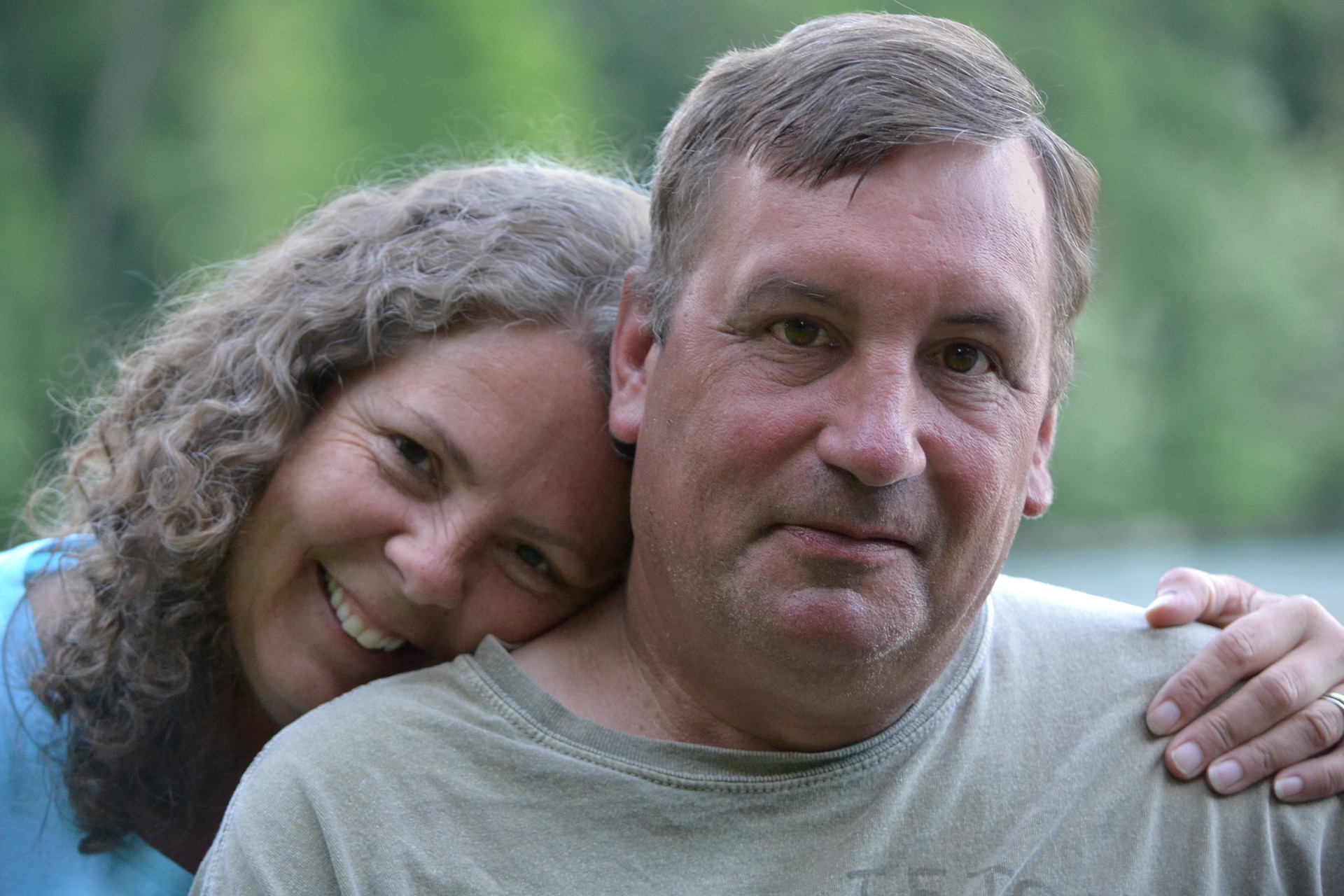How “Feeling Old” Can Affect the Quality of Your Sex Life
By Dr. Justin Lehmiller
How does sex change as we get older?
Although many studies have looked at this question over the years, they have pretty much all addressed it from the same angle: how do the physical changes that occur as we age affect the experience of sex? The basic storyline that has emerged from these studies is that, as we get older, our odds of developing chronic health conditions increases and this, in turn, negatively impacts the frequency and quality of sexual activity.
But what about the psychological changes that accompany aging? Independent of our health status, does “feeling old” have implications for our sex lives, too?
A new study published in the Journal of Sex Research suggests that it does. In this study, researchers looked at data from a national longitudinal survey of 1,170 American adults aged 40 and over. Participants completed two surveys about ten years apart in which they were asked several questions about their sex lives, including how often they have sex, how satisfying it is, and how much desire they have for sex. In addition, they were asked to report their subjective age, meaning the age they feel like most of the time, as well as how positively/negatively they feel toward people in general at different decades of life.
Perhaps not surprisingly, frequency, quality, and interest in sex all declined over that ten-year period. Also, consistent with past research, those who remained in better health tended to maintain more active and satisfying sex lives.
So how did subjective age and attitudes toward aging factor into all of this?
It turned out that neither of them were related to changes in how often people had sex; however, feeling older predicted less interest in sex over time, as well as lower levels of sexual satisfaction. In addition, feeling positively toward older adults was linked to maintaining higher levels of sexual satisfaction in the future. It’s important to note that these were pretty strong associations, too.
These results are important because they tell us that if we truly want to understand sexuality among older adults, we need to look at more than just biology—we also need to consider psychological factors such as “feeling old” and harboring negative stereotypes about advanced age. Those who feel older and have more negative attitudes toward aging are likely to perceive the sharpest declines in the quality of their sex lives. At the same time, the younger people feel, the more likely they are to maintain high sexual satisfaction as they get older (or at least they’ll experience a much less noticeable change).
More generally, this study provides further support for the idea that your brain really is your biggest sex organ. No matter where you are in the lifespan—from your teenage to your twilight years—the way you feel about yourself can fundamentally shape your experience of sex.
To learn more about the research mentioned in this article, see: Estill, A., Mock, S. E., Schryer, E., & Eibach, R. P. (2017). The effects of subjective age and aging attitudes on mid-to late-life sexuality. Journal of Sex Research. doi: 10.1080/00224499.2017.1293603
---------------
Dr. Justin Lehmiller is an award winning educator and a prolific researcher and scholar. He has published articles in some of the leading journals on sex and relationships, written two textbooks, and produces the popular blog, Sex & Psychology. Dr. Lehmiller's research topics include casual sex, sexual fantasy, sexual health, and friends with benefits. He is currently the Director of the Social Psychology Graduate Program and an Assistant Professor of Social Psychology at Ball State University.

Support Kinsey
Love is more than an emotion. It is essential to our individual and collective well-being. Your support will help the Kinsey Institute advance research and education in the science of love and give a diverse field of researchers the resources they need to make new discoveries.
Pledge your support